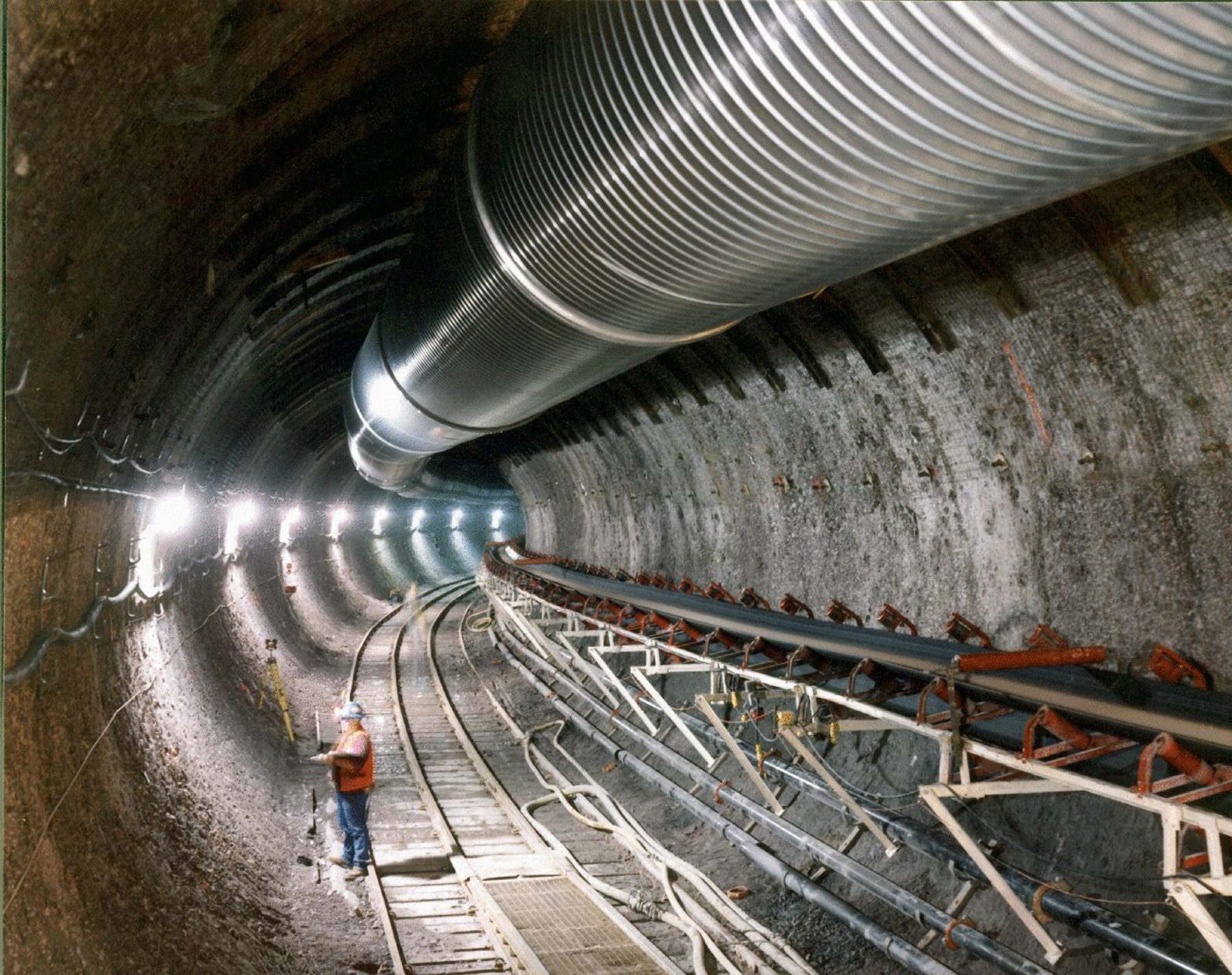The idea of storing high-level radioactive waste in Wyoming has been fully vetted and roundly rejected several times over the years. Yet the Wyoming Legislature resurrected this bad idea last month when it formed a subcommittee — behind closed doors — to study the issue. The Wyoming Outdoor Council, our members, and our partners have stood together with neighbors from all over the state and across the political spectrum to oppose such proposals. And we will do so again.
Simply put, the risks of allowing Wyoming to become a destination for high-level radioactive waste from the nation’s nuclear reactors far outweigh any short-term economic gain the state might realize. Storing nuclear waste here would risk our safety and tarnish Wyoming’s reputation as a pristine outdoor and tourism destination — hurting business, agriculture, and economic development efforts that are so vital to the state’s future.
Perhaps most importantly, though, Wyoming and other states have learned that gambling with the federal government’s promises over nuclear waste storage is risky business. As Gov. Mike Sullivan put it in his statement vetoing the siting of a nuclear waste facility back in 1992:
“I am absolutely unpersuaded that Wyoming can rely on the assurances we receive from the federal government. Even granting the personal integrity and sincerity of the individuals currently speaking for the federal government, there can be no guarantees or even assurances that the federal government’s attitudes or policies will be the same one, five, ten or 50 years from now. We have seen the roller coaster ride of federal involvement and attitudes. … Nor do I trust the federal government or the nuclear industry to assure our interests as a state are protected.”
There are numerous reasons why the “temporary” storage of the nation’s high-level radioactive waste in Wyoming has been repeatedly rejected by our residents — and why it remains a bad idea today.
- There is no guarantee that storage will be temporary. Once a “temporary” facility is constructed, it is likely to become a de facto permanent repository. There are no legal, political, or financial mechanisms to ensure the waste would ever be removed. In fact, many suspect the approval of a “temporary” storage site would halt the politically difficult effort of finding a permanent disposal site.
- There is no need to store this waste away from reactor sites. The Nuclear Regulatory Commission has made a regulatory determination that spent nuclear fuels can be safely stored at the reactor sites for the next 100+ years.
- Transporting high-level radioactive waste across the country is complicated, risky, full of unknowns, and will occur at a magnitude of shipments and miles never before conducted in the U.S. New transport casks have not been developed or tested, infrastructure is not ready, emergency response capacity is lacking, and the routes and risks of transporting this high-level radioactive waste have not been adequately evaluated.
- Storing high-level radioactive waste in Wyoming will hurt the state’s image as a premier outdoor destination and a producer of high-quality agricultural products. This, in turn, would likely impact current and future economic development and diversification efforts and would lower property values.
- Such temporary facilities are illegal. The Nuclear Waste Policy Act allows for a “temporary” storage facility only once the permanent waste repository is operating. Work at Yucca Mountain, the nation’s only proposed permanent waste repository, has halted. Congress would have to act to make such a facility legal — yet there are no states willing to host a permanent storage facility.
For more background and details about nuclear waste storage, read this fact sheet.
We wholeheartedly support Wyoming lawmakers’ desire to explore new ways to meet the challenge of declining revenues. But turning Wyoming into the nation’s nuclear waste dump was a bad idea before, and it remains a bad idea today. Nothing has changed. Even more troubling? The closed-door manner in which the new legislative subcommittee was formed to study the issue this year: a vote taken by email, without public notice, lacking transparency and flouting the legislature’s own rules regarding interim studies.
There are no easy fixes for declining state revenue, and storing high-level radioactive waste would simply not provide not the kind of economic “diversification” that Wyoming needs. It’s an idea that looks backward, not forward.
Instead, we must create a vision for our future that embraces the special resources and assets that truly make Wyoming a place people want to live and do business — including our strong public schools, workforce, wildlife, open space, agricultural heritage, and outdoor way of life.
We’ll need your help — again — to speak up and stop this misguided idea for Wyoming.
The “Spent Fuel Rods subcommittee” will meet on Thursday, September 5th, in Casper at 8:30 a.m. (location to be determined). We’ll be there, but it’s unclear whether the subcommittee will allow public comment. The subcommittee will report to the full Joint Minerals Committee on November 4 or 5 for a decision about moving forward with potential legislation. We’ll alert you about this public comment opportunity, but it will be helpful to start talking with your elected officials now about how nuclear waste is wrong for Wyoming.
Read this detailed fact sheet for a list of committee members and emails and for more information about the risky business of high-level radioactive waste.
Steff
Kessler
Program Director
Staff

